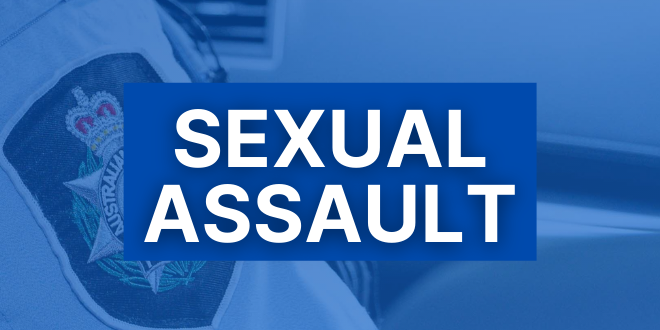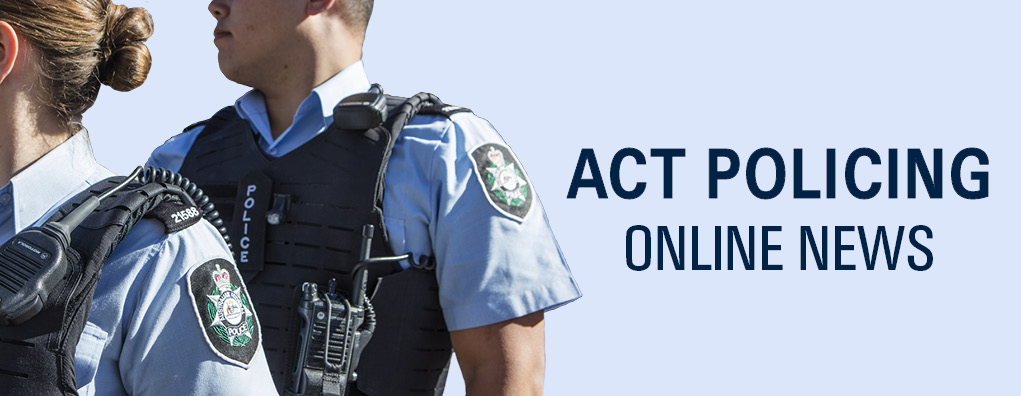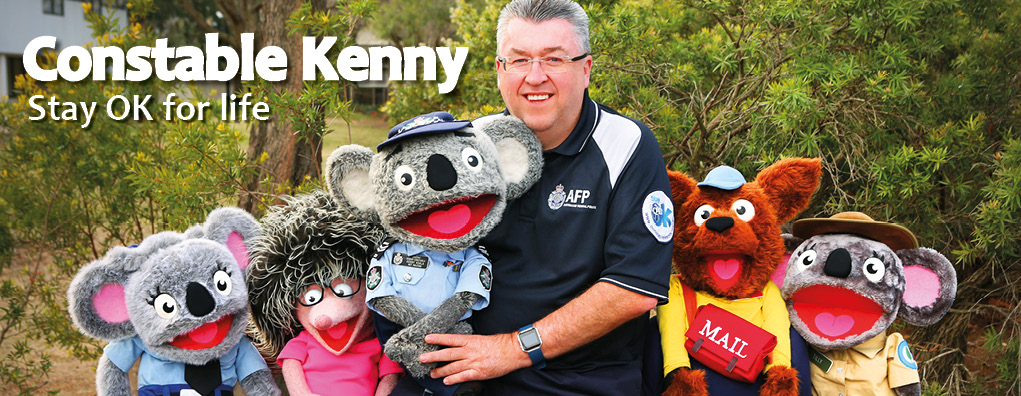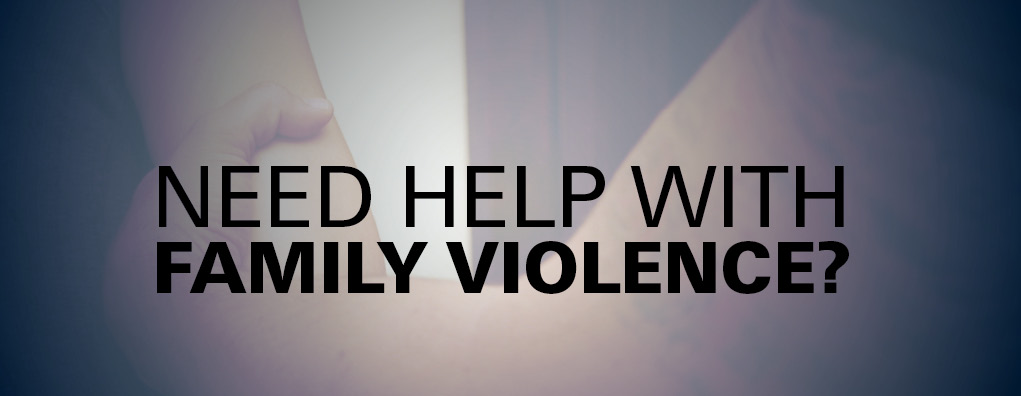Sexual Assault

If you have been sexually assaulted, it is important to know there is help and a range of support options available. Nobody asks or deserves to be a victim of sexual violence. It is not your fault and you are not to blame.
Reporting a sexual assault to police brochure.
Reporting a sexual assault- Hindi
Reporting a sexual assault- Simplified Chinese
Reporting a sexual assault- Traditional Chinese
Reporting a sexual assault- Thai
What is sexual assault?
Sexual assault is a crime under the Crimes Act 1900 (ACT) and is taken very seriously by ACT Policing. Anyone can be a victim of sexual assault.
The term sexual assault is used when a sexual act is committed against a person without that person’s consent.
Often sexual assault is committed by someone known to, and trusted by, the victim. It may be experienced as a one-off event or repeatedly over a longer period.
Sexual assault is never the fault of the victim.
Affirmative Consent
In 2022, the Crimes (Consent) Amendment Act 2022 (ACT) was created to update the Crimes Act 1900 (ACT) to align with contemporary community understandings and expectations of consensual sexual activity. The Act outlines that people have a right to choose to not participate in sexual activities.
The amendments shifted the principle, meaning and definition of sexual consent from something that is presumed can be negated, to something that is unassumed and must be given. This is a communicative model of consent – one which is underpinned by principles of agency, autonomy and responsibility and is based on a culture of healthy, respectful relationships. For more information, see the Crimes (Consent) Amendment Act 2022 (ACT).
What to do if you have been sexually assaulted
Your health and safety is paramount.
If you are in immediate danger or seriously injured, call Triple Zero (000) and request an ambulance. If you do not require urgent assistance, call police on 131 444, visit a police station or hospital as soon as possible so your safety and health can be assessed.
If you have been sexually assaulted within the last 7 days, you may be asked if you want to participate in a Medical Examination Kit (MEK).
Both the Canberra and North Canberra hospitals provide support for all victims of sexual assault, and can provide emergency treatment. They will also connect you with support services such as Forensic and Medical Sexual Assault Care (FAMSAC) who can administer preventative medical care against Human Immunodeficiency Virus (HIV), sexually transmitted infections (STls) and unwanted pregnancies.
You can choose whether or not you undergo a MEK, regardless of whether you decide to report the sexual assault to Police.
If you undergo a MEK, it is recommended that you don't shower, drink liquids, smoke or change your clothes following a sexual assault. Also do not clean up, move or otherwise disturb anything at the place where the assault happened.
Critical evidence can be lost or deteriorate if not collected in a timely manner. Contacting Police or attending a Hospital as soon as possible ensures the best chance of this evidence being captured. If you haven't done some of these things, that's okay. It is still possible for evidence to be collected. Again, your safety and health is our paramount concern.
How to report sexual assault
You can report any incident of sexual assault to police. Reporting sexual assault can be a daunting and traumatic experience, and we recognise the courage involved in coming forward.
ACT Policing have investigators who are specially trained in investigating this type of crime.ACT Policing work closely with the Canberra Rape Crisis Centre who provide confidential counselling services free of charge and can assist you with attending hospital, provide advice and support through criminal justice proceedings and refer you to practitioners to assist in your recovery.
There are a number of ways you can report a sexual assault to ACT Policing:
In person: Visit any of our five police stations in the ACT. An officer will be able to assist you immediately to discuss the incident and your options going forward.
By telephone: In an emergency, call Triple Zero (000) or for police assistance call 131 444. These calls are answered by ACT Policing Communications who will arrange for police to meet with you.
Online: You can report sexual assault online if it is historic (meaning that it occurred more than six months ago) via our online forms. These reports can be made with the intention of having the incident investigated by police or for information purposes only.
Historic sexual assault
It’s never too late to report sexual assault. Many people who experience sexual assault don’t tell anyone at first and reporting sexual assault years later is quite common.
It doesn’t matter whether the offence occurred months, years or decades ago. ACT Policing will investigate if you ask us to.
If you would prefer to speak to someone, you can report in person at any of the ACT’s five police stations or over the phone by calling Police Assistance on 131 444.
What happens when I report to police?
When you contact ACT Policing, we will talk you through the process so that you can make a fully informed choice about how you wish to proceed with a police investigation. We can also discuss alternate options, including having the matter recorded but not investigated.
Your safety and wellbeing is very important. Police can assist in connecting you with support services, such as the Canberra Rape Crisis Centre, to help you manage the trauma of sexual assault and assist in your recovery.
If you are reporting the sexual assault of a child, ACT Policing is obligated to report the incident to Child Youth Protection Services..
Making a statement to police
Police will likely conduct an audio-video recorded interview, which will be your formal statement about what has happened (what you saw, heard and/or felt).
It involves an investigator asking open questions to assist you in recounting, as best as possible, the assault in detail. If you cannot remember all the information, or do not know the answers, this is okay.
Making a statement can often take several hours. You might want to get it all over and done with at once, or you might want to do it in several sessions over time – that is up to you.
We usually take your statement in a private room at the police station, but we can go to your home or another location where you feel comfortable.
During the statement, we will ask you lots of questions in order to collect as much information as possible.
Some questions might make you feel embarrassed or uncomfortable. There is no need to feel this way - we are people, we are professionals, and this is our job. Nothing you say will embarrass or offend us, and it is important that we gather as much information about what happened to you.
Some questions might make you feel like we doubt you or judge you, but this is definitely not the case. We know that you are not responsible for what happened to you.
We may ask you about things like what you were wearing or what you were drinking because we need to know as much as possible about what happened to help us do our job. There is no excuse for sexual assault, no matter what you were wearing or how much you were drinking.
Making a statement could be healing, or it could be traumatic, or it could be a bit of both. Every single person has a different experience, and we will do everything we can to make it as safe and positive as possible.
You can have a support person with you if you want one, but it is best if that person is not a witness to the incident or who you have disclosed the incident to. We can also arrange a support person for you.
If you do not want to make a statement you do not have to, however a formal statement is required for a police investigation
Police investigation
We will investigate your case by gathering evidence. This may include:
- Obtaining witness statements;
- Collecting forensic evidence, such as clothing and bedding;
- Obtaining medical records, CCTV and phone records; and
- Approaching and interviewing the offender.
Once we have sufficient evidence, we may charge the offender and bring them before the Court.
If you don’t want us to charge the offender, we won’t. If you change your mind later, you can contact us, and we will resume the investigation.
Many types of evidence, like forensic evidence, CCTV, and even someone’s memory of what happened, will degrade or get lost over time. Even if you don’t want us to charge the offender, we would like to gather all the available evidence now and preserve it in case you change your mind in future.
Sexual assault is a serious crime and there is no time limit on reporting it or prosecuting it.
Not all investigations proceed to court. This does not mean we don't believe you. It simply means we do not have enough evidence to meet the required level for criminal prosecution. If this happens, we will talk to you about it and explain the reasons why.
How long will an investigation take?
The length of an investigation varies. The investigator in charge of your case will keep in contact with you and make sure you are up to date with the progress of the investigation every step of the way.
If the matter proceeds to Court:
- The investigator will talk to you about what to expect during the Court process
- The length of the Court process is different in every case for a range of reasons
- Some cases can take a long time to finalise at Court
- There will likely be a number of Court dates where you are not required to attend
- If your case proceeds to a trial, you may be required to attend Court while the trial is held and talk about what happened to you (the investigator will discuss protective measures that are available to you during the trial)
- We will ensure you have counselling and/or support through the Court process if you want it
Who will see my report
All reports of sexual assault are handled with care. The alleged offender will not see the report during the investigation but it may be tendered in court as part of court proceedings.
Can I bring a support person with me?
ACT Policing want you to be as comfortable as possible during your experience with us.
For this reason, we encourage you to take up the services of the Canberra Rape Crisis Centre who offer an impartial support person to accompany you while you speak to police.
Alternatively, you may bring your own support person such as a friend, family member or work colleague.
It is important to note that if your support person is a witness in the matter or someone you have disclosed the incident to, they are unable to be present during your statement with police.
We can also offer translation services to assist if required.
Your privacy
ACT Policing takes its privacy obligations seriously and all personal information collected to provide services to victims of sexual assault is handled in accordance with our obligations under the Privacy Act 1988 (Cth). More information is available on our privacy policy page.
ACT Government review
The ACT Government is commencing a review into a number of sexual assault cases that were reported to ACT Policing between 1 July 2020 and 31 December 2021. The purpose of the review is to understand the reasons for a low number of cases progressing to charge, including those deemed unfounded, uncleared or withdrawn.
The review formally commenced in May 2022.
The Director of Public Prosecutions, ACT Policing and the Victims of Crime Commissioner formed part of an Oversight Committee, along with an independent chair to guide the work of the review.
The rights, interests and wellbeing of victim-survivors will remain central to each aspect of the review. Victim-survivors and community members seeking further information are welcome to contact Victim Support ACT at SAPRcasereview@act.gov.au or on (02) 6207 0042.
Support Services
We acknowledge not everyone is comfortable coming to the police in the first instance or you may find it hard to cope with the trauma. Counselling and psychological support is available. We encourage you to visit or talk to one of the below services.
| Service Contact | Who can access | When | Phone Number |
|
Local: |
|||
| Canberra Rape Crisis Centre (CRCC) |
All people impacted by sexual violence. |
7am – 11pm, 7 days a week. | 6247 2525 |
| Domestic Violence Crisis Service | All people impacted by domestic and family violence. | 24-hours a day, 7 days a week | 6280 0900 |
| Child and Youth Protection Services | For community partners to provide a service response. | Business hours | 1300 556 729 |
| Victims Support ACT | Anyone who is a victim of a crime committed in the ACT is eligible for support or information from Victim Support ACT. |
Business hours, Monday – Friday |
1800 822 272 |
|
National: |
|||
| Full Stop Australia (Formally Rape and Domestic Violence Services Australia) |
Anyone impacted by sexual, domestic or family violence. | 24-hours a day, 7 days a week | 1800 943 539 |
| 1800Respect | Anyone impacted by sexual, domestic or family violence. | 24-hours a day, 7 days a week | 1800 737 732 |
| Lifeline | Anyone feeling suicidal, overwhelmed or having difficulty coping or staying safe. | 24-hours a day, 7 days a week | 131 114 |
| Kids Helpline | For young people aged 5 to 25. | 24-hours a day, 7 days a week | 1800551800 |
| Translation and interpreting service | For any person or organisation in Australia who needs an interpreter. | 24-hours a day, 7 days a week | 131 450 |






